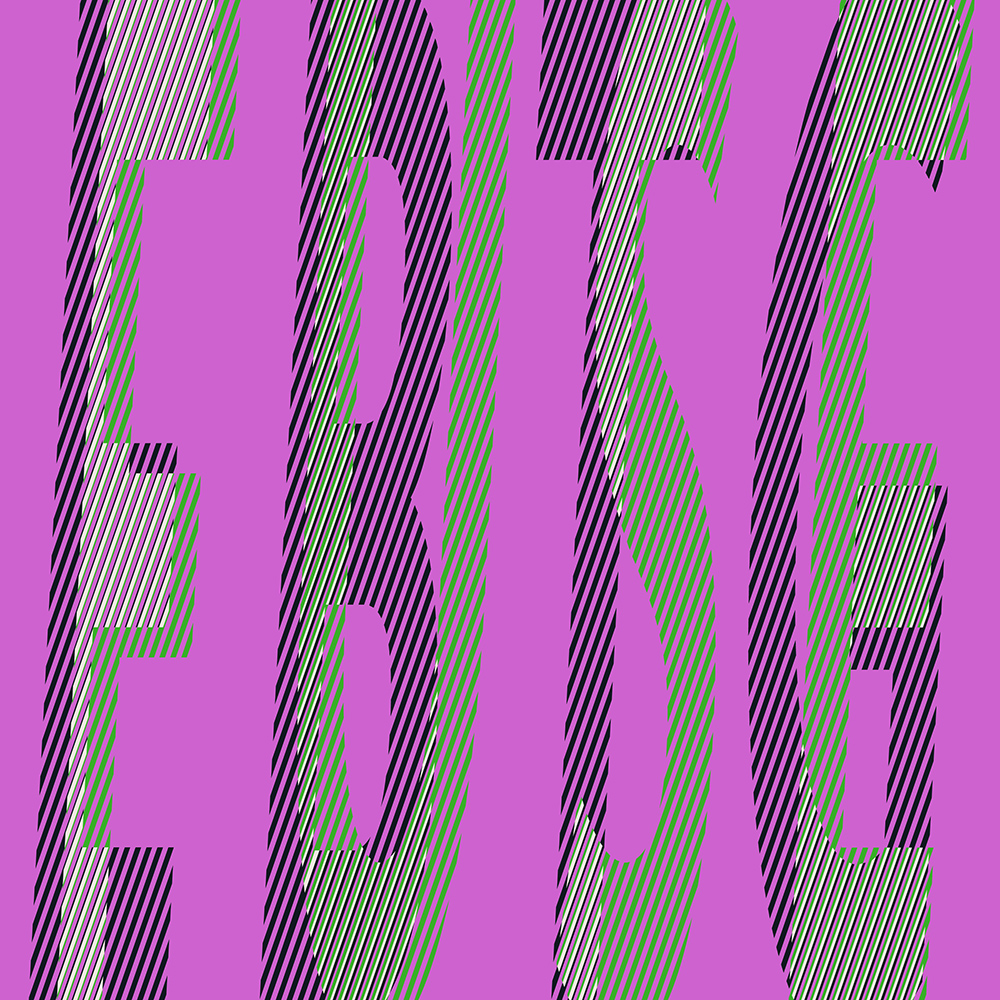Everything But the Girl
Fuse
BUZZIN’ FLY/VERVE
You can’t get there from here—and why would you want to, anyway? That’s a central conceit behind Fuse, Tracey Thorn and Ben Watt’s first Everything But the Girl album since 1999, an icy, lyrical work that finds the marrieds maintaining the bedsit-melancholic intimacy of their earliest, deeply etched character studies while moving completely and complexly into the chill electronic/club music territory they struck upon with 1994’s “Missing” and maintained throughout the now-24-year-old Temperamental.
The rich, jazzy sophistication, samba-riffic simmer, and soulful, down-low folksiness that lifted lead singer/songwriter Thorn and everything else–guy Watt from their back-to-back mid-’80s debuts of Eden and Love Not Money into the cosmopolitan opulence of 1986’s Baby, the Stars Shine Bright solely take place, now, within the cool two-step, lo-fi house, and windy ambience of Fuse as mere inference—an ostinato here, a free progressive chord there, as heard on the pensive, gusty “Lost.”
Re-thinking their original model as co-mingled, nu-rhythmic, melodic minimalism on Fuse simply gives Tracey Thorn more room to roam as a lyricist (the Auto-Tuned disgust of “When You Mess Up,” the contemplative, nihilistic romanticism of “No One Knows We’re Dancing”) and as a vocal instrument. Like Sade, Thorn makes a trembling sound like an oboe, one that’s sinewy and patient on Fuse’s still-life piano ballads and reedy, wooded, and penetrating on vibey electronic paeans such as “Interior Space” and “Caution to the Wind.”
What’s curious about Fuse is that its insinuation into your synapses (and feet, God love Watt’s snaky breaks and subtle tin-clang pulses) takes a few listens to let happen, to allow its sunburst energy to break free and infect the senses. After all, Fuse is quiet, spacious, and supple, rather than the usual density of electronic dance music. Once Fuse opens up, and Thorn and Watt’s lyrical Anglo-dramatism and thinly splintered melodies sink into your head, you’ll never get it out of your system.









